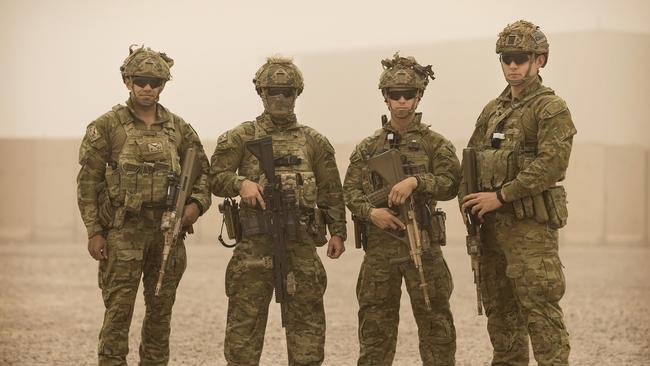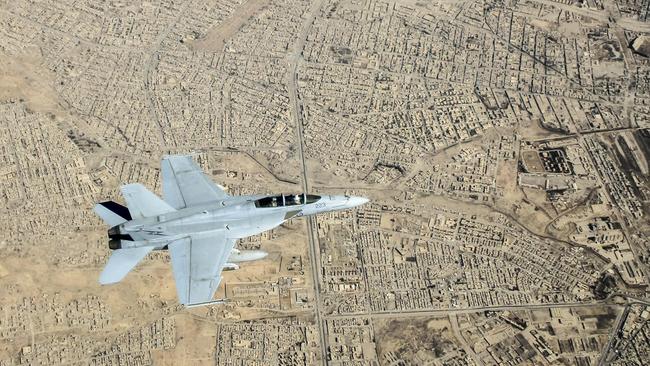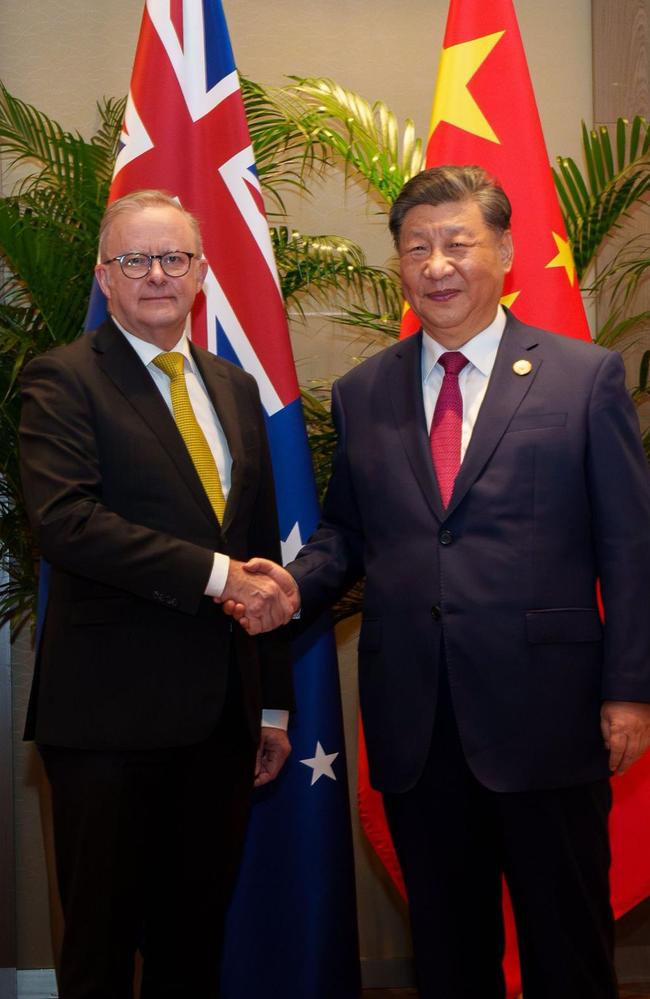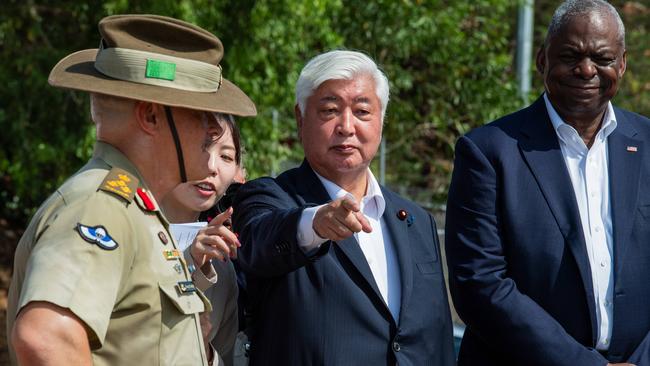Operation Okra cancelled as Department of Defence switches focus to Asia-Pacific
As Australia continues to build relations with militaries across the Asia-Pacific, the Department of Defence has quietly pulled troops from a Middle Eastern operation, coinciding with Canberra’s focus on the ‘near region’.

News
Don't miss out on the headlines from News. Followed categories will be added to My News.
After more than a decade of targeting insurgents in Syria and Iraq, the Australian Defence Force has pulled troops from a long-standing Middle Eastern military operation, coinciding with Canberra’s focus on the ‘near region’.
This month, the Department of Defence confirmed Operation Okra had ceased, with remaining ADF personnel ordered to return home by New Year’s Day.
Operation Okra, launched in 2014, was announced by then-Prime Minister Tony Abbott in a bid to counter Islamic extremism which had been destabilizing the Middle East region.

Through Operation Okra, the ADF completed more than 2700 air missions against ISIS targets across Iraq and Syria, as well as having trained almost 50,000 Iraqi soldiers.
Chief of Defence Force Admiral David Johnston said he was “extremely proud” of Operation Okra’s output.
“Operation Okra demonstrated Australia’s resolve to support international efforts against terrorism and violent extremism,” he said.
“A stable Middle East is in Australia’s national interest, and the excellent work of our Australian Defence Force members has made a tangible and important contribution to global security.”

The cancelled operation continues Australia’s gradual orientation towards the so-called ‘near region’.
The 2024 National Defence Strategy, which detailed Canberra’s current strategic outlook, mentioned ‘Asia’ 11 times and ‘China’ 18 times.
By comparison, the Middle East was mentioned just three times throughout the 73-page document.
The Asia-Pacific shift was underscored in Darwin multiple times this year, when major flying activity Exercise Pitch Black featured 10 Asian participants - half of the nations represented.
In September, during naval activity Exercise Kakadu, 10 nations conducted warfighting training off the Top End coastline - six of which were Asian partners.

In November, the Japanese Government confirmed Tokyo would rotate hundreds of troops through Darwin annually.
Last week, ADF members, including some from the Territory, were deployed to Vanuatu to provide disaster relief to the earthquake-stricken island, in line with Canberra’s ‘strategy of denial’, which refers to Canberra’s plan to avoid conflict or coercion.
The frequency of ADF deployments and training exercises across south-east Asian countries have also significantly increased.
In early December, 1st Brigade commander Brigadier Doug Pashley noted 2024 had been “tremendously busy” for Army personnel.
“We have had great success this year with putting our forces, our young men and women, out into the region to partner with allies and close neighbours,” he said.
“Our soldiers (went) to Malaysia, Thailand, Indonesia (and) Timor-Leste, working closely and developing relationships.
“Next year, it’s only going to get bigger.”





